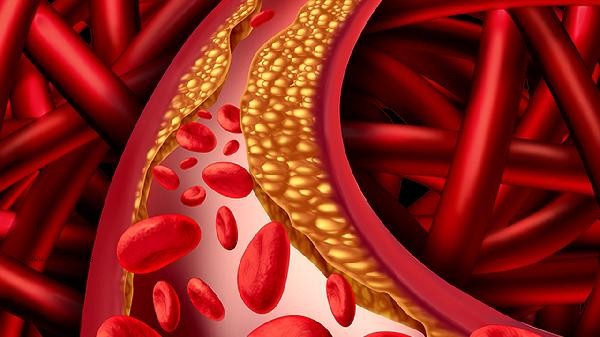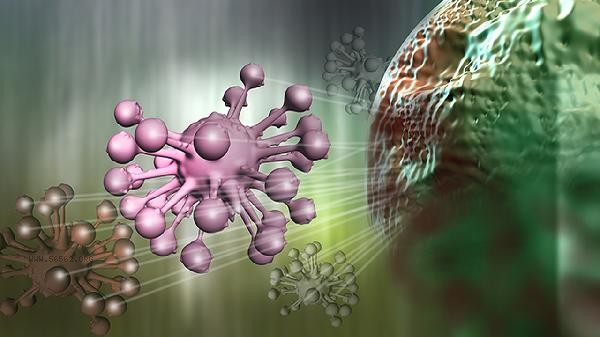A high absolute value of monocytes may be caused by viral infections, bacterial infections, autoimmune diseases, hematological disorders, drug reactions, and other reasons. Monocytes are an important component of the immune system, and abnormal increases in their values often indicate the presence of inflammation or pathological conditions in the body.

1. Viral infection:
EB virus, cytomegalovirus and other infections can stimulate monocyte proliferation. This type of infection is often accompanied by symptoms such as fever, sore throat, and enlarged lymph nodes. Blood tests show a synchronous increase in the proportion and absolute value of monocytes. Viral infections are mostly self limiting, and it is usually recommended to receive targeted treatment and strengthen rest.
2. Bacterial infection:
Infection by intracellular parasitic bacteria such as Mycobacterium tuberculosis and Brucella can lead to sustained increase in monocytes. This type of infection often manifests as long-term low-grade fever, night sweats, and weight loss, and needs to be diagnosed through pathogen testing. Anti tuberculosis treatment requires a standardized 6-9 month course of treatment.
3. Autoimmune diseases:

Systemic lupus erythematosus, rheumatoid arthritis and other diseases can cause monocyte activation and proliferation. Patients often have typical symptoms such as joint swelling and pain, rash, etc. Laboratory tests show positive results for specific markers such as anti nuclear antibodies. Immunosuppressants such as methotrexate can control the progression of the disease. 4. Hematological disorders: Chronic myelomonocytic leukemia, myelodysplastic syndrome, and other hematological disorders can lead to abnormal clonal proliferation of monocytes. This type of disease may be accompanied by anemia and bleeding tendency, and bone marrow puncture examination is the gold standard for diagnosis. Targeted drugs such as decitabine can be used for disease control.
5. Drug reactions:
Corticosteroids, granulocyte colony-stimulating factor, and other drugs may cause transient elevation of monocytes. This reaction usually returns to normal after discontinuation of medication, and regular monitoring of blood routine changes is required during the medication period. Continuous abnormalities require consideration of changing treatment plans.
The discovery of elevated monocytes should be comprehensively judged based on clinical manifestations, and it is recommended to improve peripheral blood smears, inflammatory markers, pathogen testing, and other examinations. Maintain a regular daily routine, avoid overwork, and supplement with vitamin C and protein appropriately. During the acute infection period, it is necessary to ensure 2000 milliliters of water per day, and patients with chronic diseases need to have their blood routine checked every 3-6 months. When there are warning symptoms such as persistent fever and significant weight loss, it is necessary to seek timely medical attention from the hematology department.










Comments (0)
Leave a Comment
No comments yet
Be the first to share your thoughts!